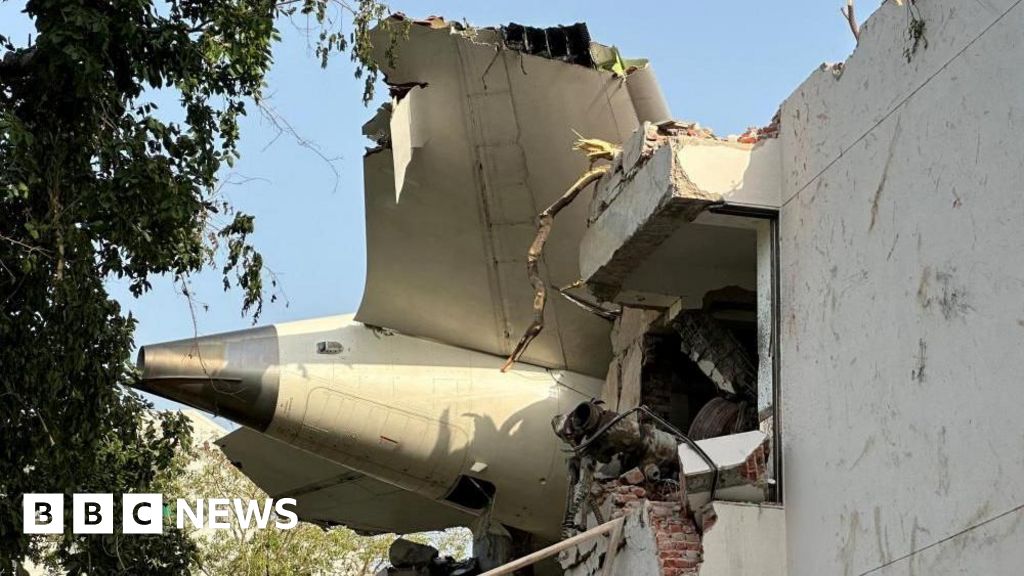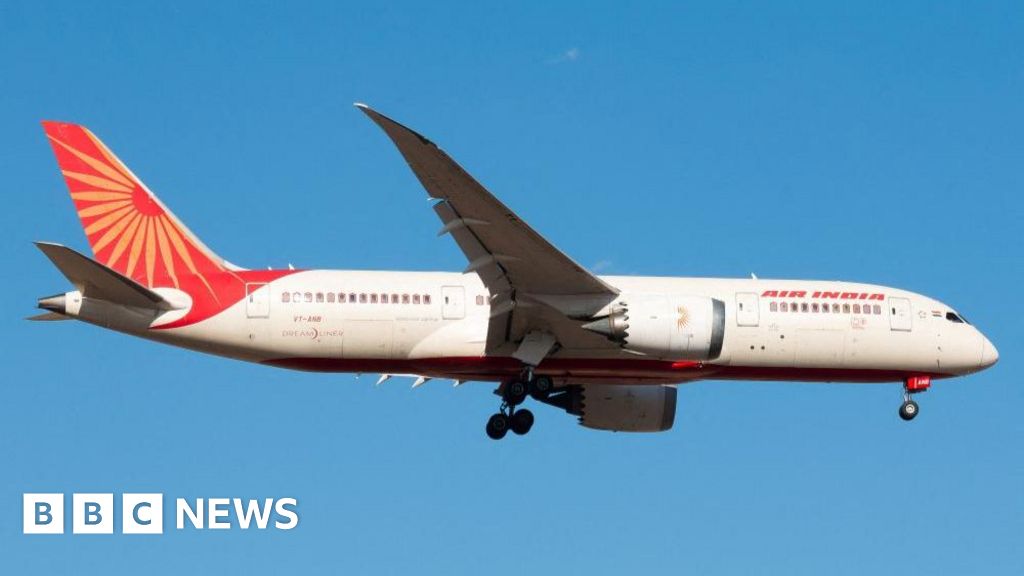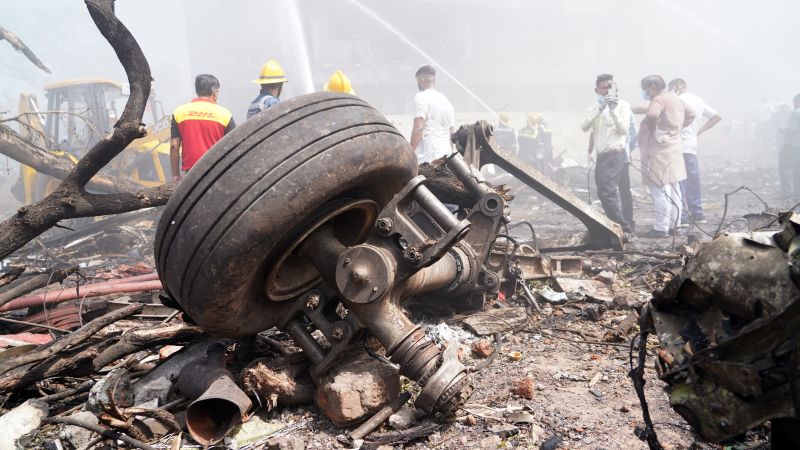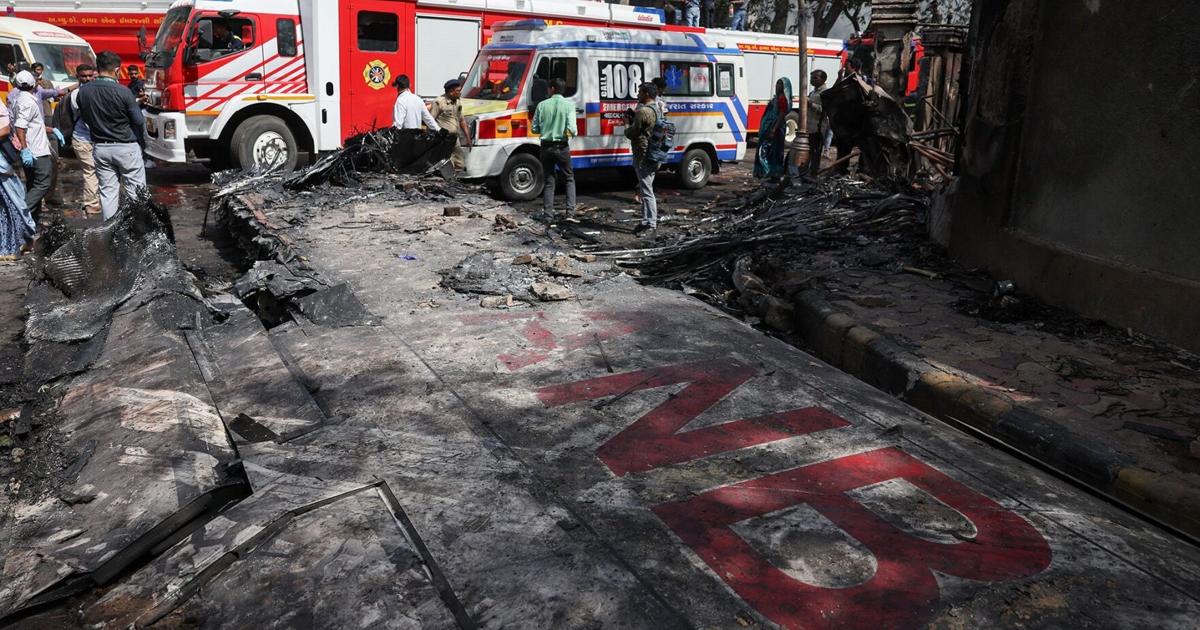Air India Crash Raises Concerns about Communication and Decision-Making in the Cockpit

Introduction
The preliminary report on the Air India crash has revealed a concerning detail - the fuel to the engines was cut off before the accident. This information was found in the plane's flight recorders, which captured one pilot asking the other why they had switched off the fuel. The other pilot responded by saying he had not. This raises questions about the communication and decision-making in the cockpit leading up to the crash.
Possible Causes
The initial report suggests that human error may have played a role in the accident. It is not uncommon for pilots to have to switch off and on the fuel supply during a flight, but this must be done in a coordinated and controlled manner. Any miscommunication or misunderstanding can have dire consequences. It is also possible that there was a technical issue with the fuel system, but this is still under investigation.
Safety Measures
This incident
About the People Mentioned
Pilot
Pilot is a Scottish rock band formed in 1973 in Edinburgh by David Paton (vocals and bass) and Billy Lyall (keyboards and vocals), both former members of the Bay City Rollers. The band gained international fame with their 1974 hit "Magic," which reached No. 11 in the UK and No. 5 in the US, becoming a pop classic. Their biggest success came with the song "January," which topped the UK Singles Chart in January 1975. Pilot released four albums before disbanding in 1977, with notable contributions from guitarist Ian Bairnson, who became a permanent member after initially working as a session musician. The band was managed by Nick and Tim Heath and signed to EMI Records[1][3][4]. David Paton, a key figure in Pilot, is recognized for his versatile musicianship and songwriting. After Pilot, he worked extensively as a session musician and collaborator, including with The Alan Parsons Project and the progressive rock band Camel. His vocal work and songwriting have been well regarded in rock circles, with a career spanning over four decades. Paton also co-wrote songs for pop acts like Westlife in the 2000s[2][5]. Pilot's music is characterized by catchy pop-rock melodies and harmonies, blending elements of soft rock and glam rock. Though their original run was brief, their songs continue to receive airplay and remain influential in pop rock history. The band members occasionally reunited for projects such as re-recordings in the early 2000s, affirming their lasting legacy beyond their 1970s peak[3]. Pilot's enduring relevance lies in their classic hits, especially "Magic" and "January," which still resonate with audiences and showcase the melodic sensibility of 1970s Scottish rock[6].
About the Organizations Mentioned
Air India
Air India is India’s flagship full-service airline, originally founded by JRD Tata in 1932, making it a pioneering force in Indian aviation[2]. It operates an extensive global network as a member of the Star Alliance and runs a wholly owned low-cost subsidiary, Air India Express, serving domestic and nearby international routes[2][3]. After nearly seven decades as a government-owned entity, Air India was fully privatized and returned to the Tata Group in January 2022, marking a significant turning point in its corporate journey[2]. Currently, Air India is undergoing a comprehensive five-year transformation program named Vihaan.AI, initiated by the Tata Group to restructure and modernize the airline[1][2][3]. This ambitious plan focuses on expanding its fleet and international network, enhancing customer experience, improving operational reliability, and leveraging technology and sustainability innovations. A landmark achievement under this transformation is Air India placing the world’s largest single aircraft order—470 planes from Airbus and Boeing, valued at $70 billion, signaling a massive fleet expansion and modernization drive[1][2][3]. Under the leadership of CEO Campbell Wilson, who brought extensive experience from Singapore Airlines, Air India is also integrating its subsidiaries Air India Express and Vistara to streamline operations and build a unified airline group[3]. The airline has been recognized for significant improvements, earning the “Most Improved Airline” award at the 2024 APEX Global Expo, reflecting enhanced cabin interiors, digital innovations like an award-winning app, and upgraded service quality[4]. On the cargo front, Air India is consolidating operations to create a dedicated cargo entity, aiming to increase freight volumes to 2.5 million tonnes by 2027, supported by advanced software for cargo and revenue management[1]. Despite a challenging safety history with several past accidents, Air India is now positioned as a resurgent global carrier combining Indian heritage with modern technology and business practices, making it a key player in the competitive aviation industr














